Editorial board
Editors of this journal work on a purely voluntary basis without remuneration in line with the not-for-profit philosophy of the EGU.
Chief-executive editor
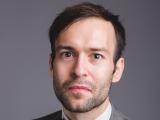
Sam Illingworth
Edinburgh Napier University
Department of Learning and Teaching Enhancement
Department of Learning and Teaching Enhancement
United Kingdom
Subject areas
Subject areas
Geoscience education
Geoscience engagement
Geoscience policy
History and philosophy of geosciences
Open geoscience
Geoscience engagement
Geoscience policy
History and philosophy of geosciences
Open geoscience

Executive editors
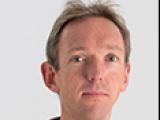
John K. Hillier
Loughborough University
Geography and Environment
Geography and Environment
United Kingdom
Subject areas
Subject areas
Geoscience engagement
Geoscience policy
Geoscience policy

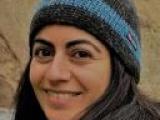
Solmaz Mohadjer
University of Tübingen
Transdisciplinary Course Program
Transdisciplinary Course Program
Germany
Subject areas
Subject areas
Geoscience education
Geoscience engagement
Geoscience policy
Geoscience engagement
Geoscience policy

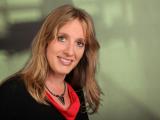
Kirsten v. Elverfeldt
HeiGIT gGmbH
Germany
Subject areas
Subject areas
Geoscience education
Geoscience engagement
Geoscience policy
History and philosophy of geosciences
Open geoscience
Geoscience engagement
Geoscience policy
History and philosophy of geosciences
Open geoscience

Editors
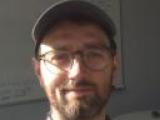
Lewis Alcott
University of Bristol
United Kingdom
Subject areas
Subject areas
Geoscience education
Geoscience engagement
Open geoscience
Geoscience engagement
Open geoscience

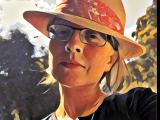
Leslie Almberg
Australian Science Innovations
Australia
Subject areas
Subject areas
Geoscience education

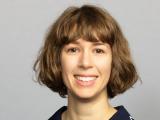
Louise Arnal
Ouranos
Climate Scenarios and Services Team
Climate Scenarios and Services Team
Canada
Subject areas
Subject areas
Geoscience education
Geoscience engagement
Open geoscience
Geoscience engagement
Open geoscience

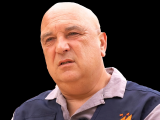
Luis Azevedo Rodrigues
Lagos Ciência Viva Science Centre
Portugal
Subject areas
Subject areas
Geoscience education
Geoscience engagement
Geoscience policy
History and philosophy of geosciences
Open geoscience
Geoscience engagement
Geoscience policy
History and philosophy of geosciences
Open geoscience

David Crookall
Retired from Université Internationale de la Mer, France
France
Subject areas
Subject areas
Geoscience education
Geoscience engagement
Geoscience policy
Open geoscience
Geoscience engagement
Geoscience policy
Open geoscience
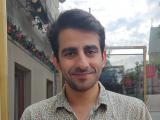
Shahzad Gani
Indian Institute of Technology Delhi
Centre for Atmospheric Sciences
Centre for Atmospheric Sciences
India
Subject areas
Subject areas
Citizen science
Geoscience education
Geoscience engagement
Geoscience policy
History and philosophy of geosciences
Open geoscience
Geoscience education
Geoscience engagement
Geoscience policy
History and philosophy of geosciences
Open geoscience

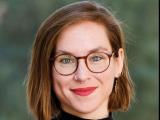
Caitlyn Hall
University of Arizona
Honors College, Biosystems Engineering Department
Honors College, Biosystems Engineering Department
United States
Subject areas
Subject areas
Citizen science
Geoscience education
Geoscience engagement
Geoscience policy
Geoscience education
Geoscience engagement
Geoscience policy

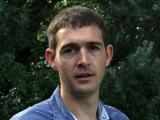
Ed Hawkins
National Centre for Atmospheric Science, University of Reading
Department of Meteorology
Department of Meteorology
United Kingdom
Subject areas
Subject areas
Citizen science
Geoscience education
Geoscience engagement
Geoscience policy
History and philosophy of geosciences
Open geoscience
Geoscience education
Geoscience engagement
Geoscience policy
History and philosophy of geosciences
Open geoscience


John K. Hillier
Loughborough University
Geography and Environment
Geography and Environment
United Kingdom
Subject areas
Subject areas
Geoscience engagement
Geoscience policy
Geoscience policy


Sam Illingworth
Edinburgh Napier University
Department of Learning and Teaching Enhancement
Department of Learning and Teaching Enhancement
United Kingdom
Subject areas
Subject areas
Citizen science
Geoscience education
Geoscience engagement
Geoscience policy
History and philosophy of geosciences
Open geoscience
Geoscience education
Geoscience engagement
Geoscience policy
History and philosophy of geosciences
Open geoscience

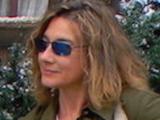
Tiziana Lanza
INGV, Rome
Settore Comunicazione e Divulgazione
Settore Comunicazione e Divulgazione
Italy
Subject areas
Subject areas
Geoscience education
Geoscience engagement
Geoscience policy
History and philosophy of geosciences
Open geoscience
Geoscience engagement
Geoscience policy
History and philosophy of geosciences
Open geoscience

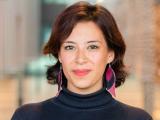
Stephany Mazon
Italy
Subject areas
Subject areas
Citizen science
Geoscience education
Geoscience engagement
Geoscience policy
Geoscience education
Geoscience engagement
Geoscience policy


Solmaz Mohadjer
University of Tübingen
Transdisciplinary Course Program
Transdisciplinary Course Program
Germany
Subject areas
Subject areas
Geoscience education
Geoscience engagement
Geoscience policy
Geoscience engagement
Geoscience policy

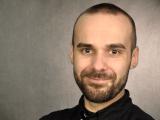
Sebastian G. Mutz
University of Glasgow
School of Geographical & Earth Sciences
School of Geographical & Earth Sciences
Germany
Subject areas
Subject areas
Geoscience education
Geoscience engagement
Open geoscience
Geoscience engagement
Open geoscience

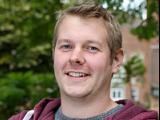
Steven Rogers
Keele
Geography, Geology and the Environment
Geography, Geology and the Environment
United Kingdom
Subject areas
Subject areas
Geoscience education

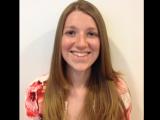
Heather Sangster
University of Liverpool
Department of Geography & Planning
Department of Geography & Planning
United Kingdom
Subject areas
Subject areas
Geoscience policy
History and philosophy of geosciences
History and philosophy of geosciences

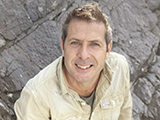
Iain Stewart
University of Plymouth
Sustainable Earth Institute
Sustainable Earth Institute
United Kingdom
Subject areas
Subject areas
Geoscience education
Geoscience engagement
Geoscience policy
History and philosophy of geosciences
Open geoscience
Geoscience engagement
Geoscience policy
History and philosophy of geosciences
Open geoscience

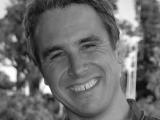
Mathew Stiller-Reeve
Village Green
Norway
Subject areas
Subject areas
Geoscience education
Geoscience engagement
Geoscience policy
History and philosophy of geosciences
Open geoscience
Geoscience engagement
Geoscience policy
History and philosophy of geosciences
Open geoscience

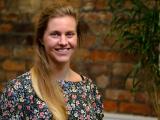
Jenna Sutherland
Leeds Beckett University
School of Built Environment, Engineering and Computing
School of Built Environment, Engineering and Computing
United Kingdom
Subject areas
Subject areas
Geoscience education
Geoscience engagement
Geoscience engagement


Kirsten v. Elverfeldt
HeiGIT gGmbH
Germany
Subject areas
Subject areas
Geoscience education
Geoscience engagement
Geoscience policy
History and philosophy of geosciences
Open geoscience
Geoscience engagement
Geoscience policy
History and philosophy of geosciences
Open geoscience

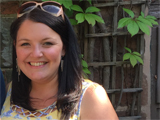
Katharine Welsh
University of Chester
Department of Geography & Environment
Department of Geography & Environment
United Kingdom
Subject areas
Subject areas
Geoscience education

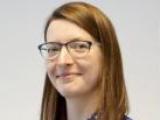
Stephanie Zihms
Glasgow Caledonian Univesity
Academic Writing Centre
Academic Writing Centre
United Kingdom
Subject areas
Subject areas
Geoscience education
Geoscience engagement
Geoscience engagement

